You are here
Back to topTanzanian Avocado Exports to China Within Reach
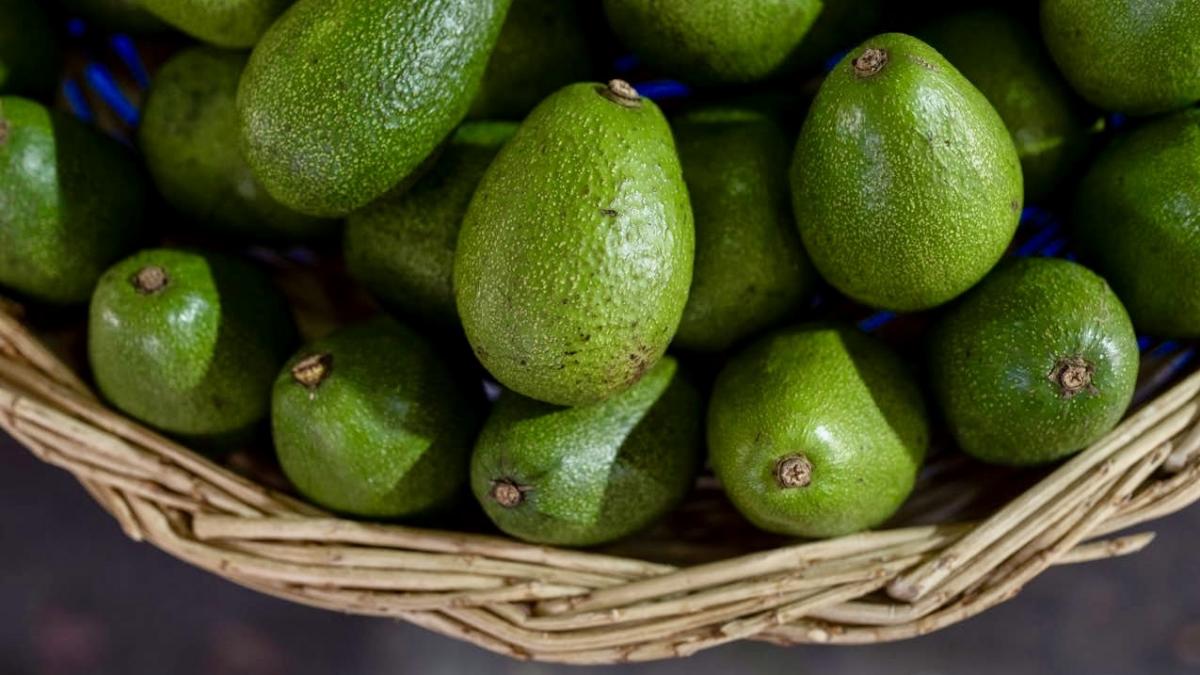
Tanzania’s Ministry of Agriculture recently announced that the procedures required to allow the country’s avocados to be exported to China had been completed. According to Joseph Ndunguru, chief director of the Tanzania Plant Health and Pesticides Authority, Tanzanian growers have been officially permitted to export their fresh avocados to China as of Aug. 14.
The ministry further distributed news of the development through its social media channels to inform farmers and traders of the possibility of exporting their avocados to China. In addition to Hass avocados, Tanzanian growers are also permitted to ship Fuerte and Pinkerton avocados to China.
Despite receiving official permission to roll out exports, Tanzanian avocado producers must still complete a number of additional procedures before qualifying for their first shipments to China. Exporters must be registered with China’s General Administration of Customs through the Tanzania Plant Health and Pesticides Authority and strictly adhere to the guidelines set by Chinese authorities for the permitted varieties. Avocado farms, packhouses and fumigation facilities must also be registered with the TPHPA and obtain traceability codes.
Another requirement is that avocado farms must implement good agricultural practices and integrated pest management schemes to control quarantine pests such as fruit flies, false codling moths and mealybugs.
Furthermore, the ministry noted that avocado processing, packaging, storage and shipping must comply with the norms and procedures defined in the phytosanitary protocol that the two countries signed in 2022.
Tanzania’s avocado exports have increased significantly in recent years, with the European Union, the United Kingdom, the United Arab Emirates and South Africa standing out as key markets. According to official statistics, total exports climbed from 17,711 metric tons worth $51 million in 2020/21 to 26,826 metric tons worth $77 million in 2022/23. Industry insiders have attributed much of the credit to the government’s initiatives to open up new international markets, in addition to domestic reforms, including tax reductions on sorting, grading and packaging technologies, as well as on agricultural inputs such as seeds, fertilizers and pesticides.
Image: Pexels



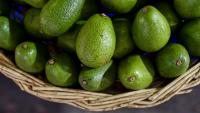
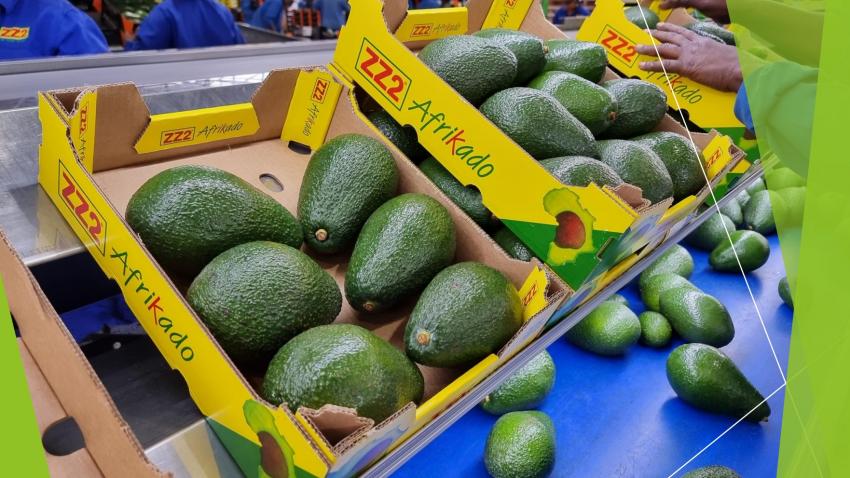
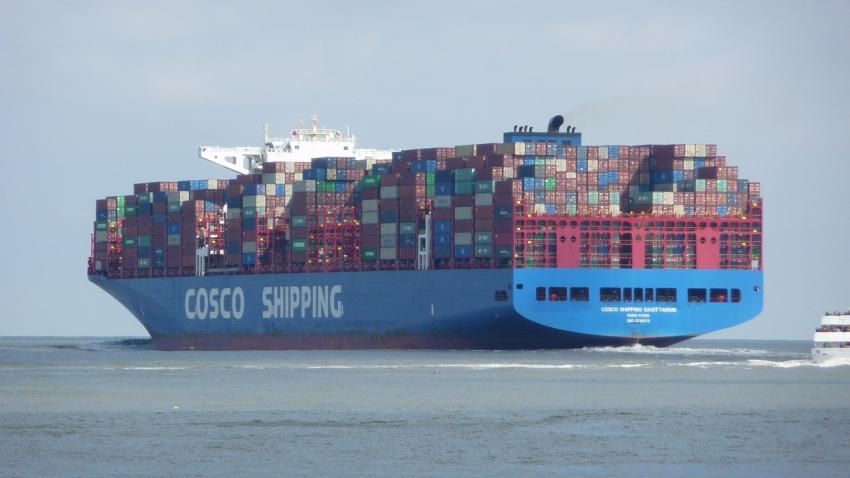
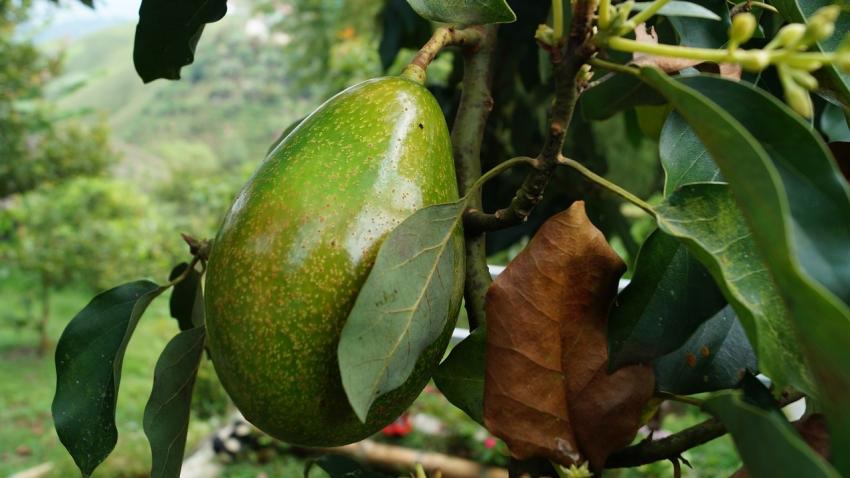








Add new comment